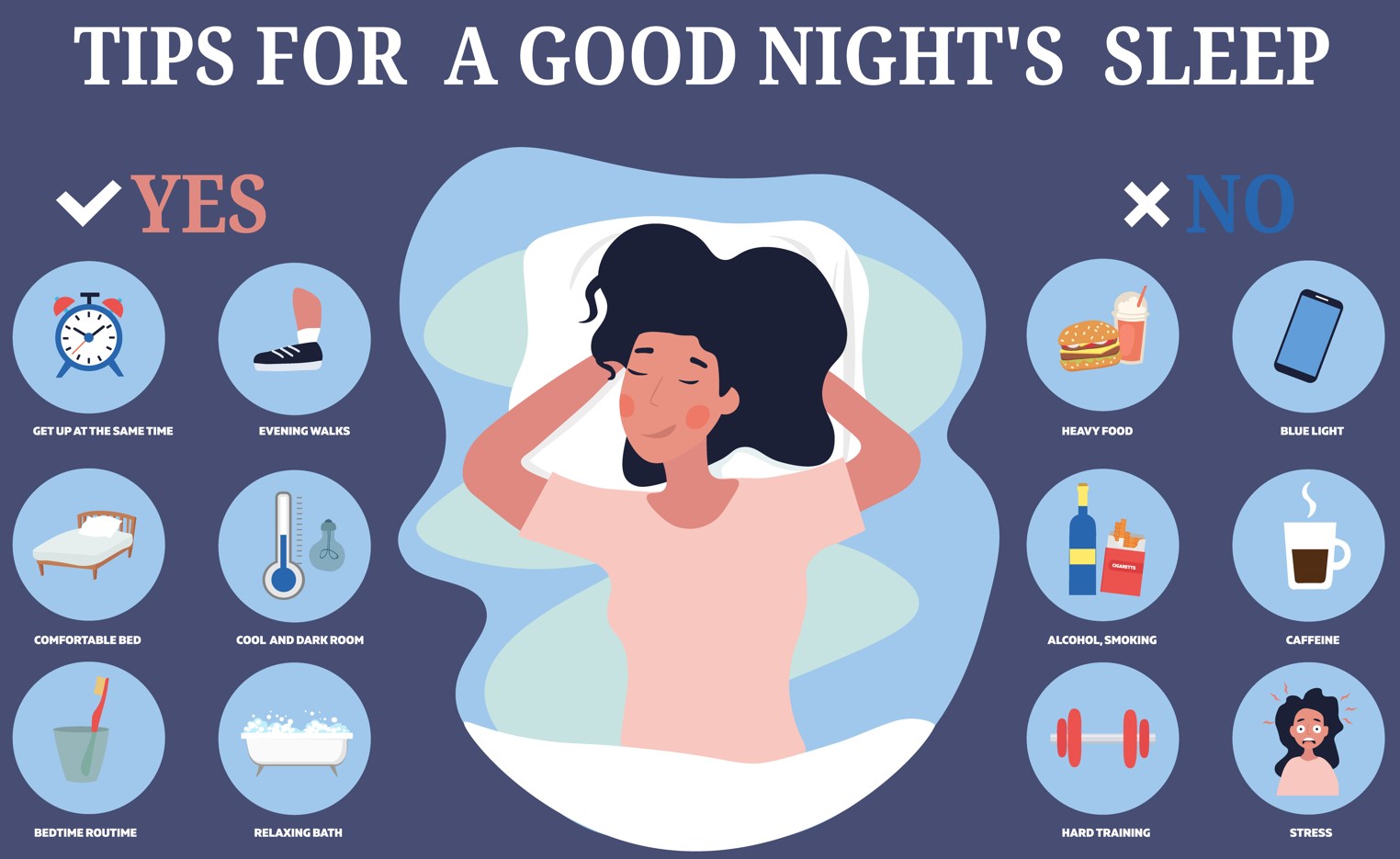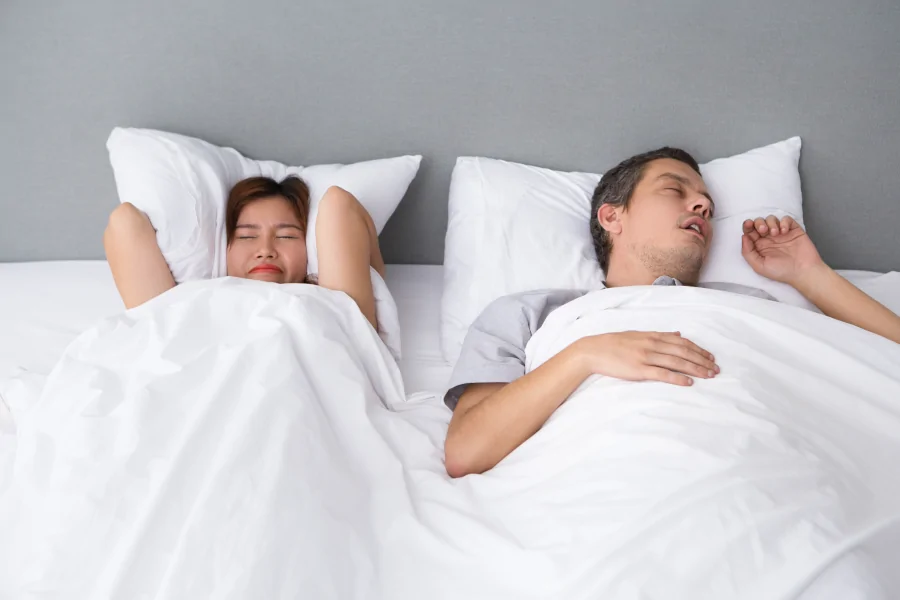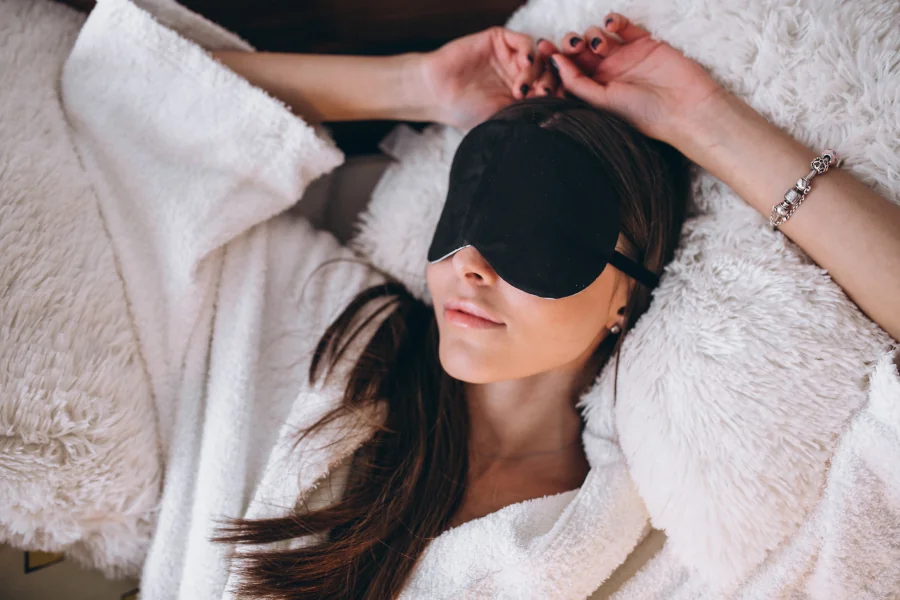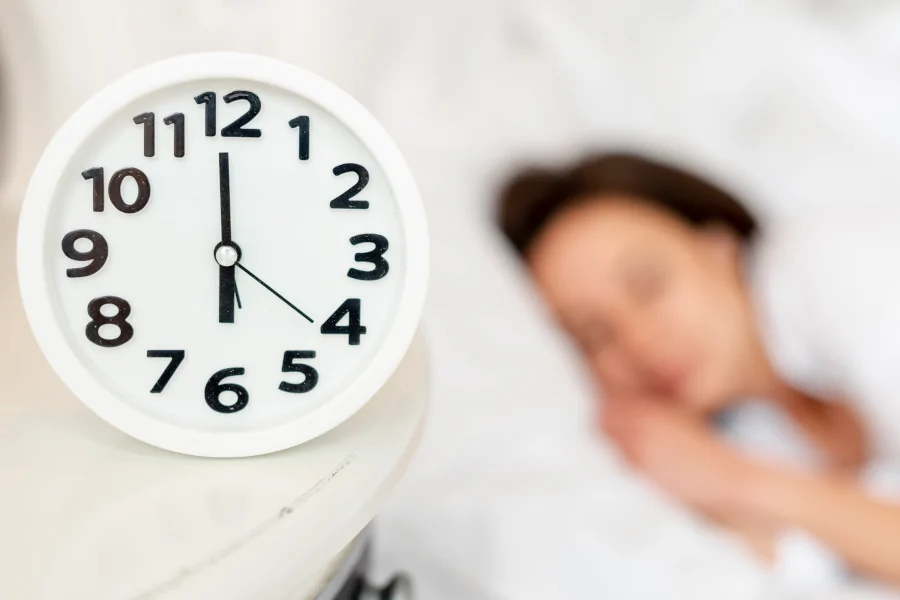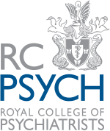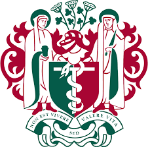If you are someone who has experienced difficulties with your sleep, it is likely that you have heard of a group of lifestyle modifications collectively known as sleep hygiene. Practising good sleep hygiene is something that is commonly recommended by a wide range of healthcare professionals, including primary care physicians, psychologists, wellbeing practitioners, lifestyle coaches, personal trainers and sleep specialists.
The term “sleep hygiene” was first used by Peter Hauri in 1977, with the aim of providing recommendations for patients with mild to moderate insomnia1. Since then, there have been a number of updates to sleep hygiene recommendations. Today, sleep hygiene recommendations are widely and regularly published in the mainstream media and on social media, as well as on the websites of healthcare organisations such as the NHS in the UK, the American Association of Family Physicians and also The World Sleep Society.
Because there is a huge amount of information available on the internet about sleep hygiene, the chances are that by the time you read this blog post, you will already know what good sleep hygiene is. Briefly, sleep hygiene, which is also known as sleep hygiene education (SHE), covers advice in relation to optimising the following factors in order to facilitate good sleep:
- A comfortable, cool and quiet bedroom environment
- A relaxing pre-bedtime routine
- Avoiding large meals before bedtime
- Avoiding caffeine, nicotine and alcohol, especially in the evenings and close to bedtime
- Limiting the use of bright light emitting electronic devices in the evenings
- Only using the bed for sleep and sex
- Avoiding daytime naps
- Regular exercise
- Aiming for regularity in your sleep-wake routine
While we won’t be discussing any of the above sleep hygiene interventions in detail in this article, it is fairly easy to imagine how not following these interventions can have a detrimental impact on a person’s sleep.
Sleep hygiene education can be delivered in a variety of ways. This includes patients attending for multiple face to face sessions with a clinical psychologist, therapist, a specialist nurse or a general practitioner. Sleep hygiene education sessions can be delivered on an individual basis or, in group sessions. The delivery of sleep hygiene education can include the use of printed materials2.
A systematic review found that sleep hygiene education can result in improvements in sleep, but sleep hygiene education was significantly less efficacious compared to cognitive behavioural therapy for insomnia (CBT-i)3. This does not necessarily mean that following sleep hygiene recommendations is not useful.
There are definitely advantages associated with taking steps to improve your sleep hygiene. For example, you don’t necessarily need to consult a healthcare professional in order to follow good sleep hygiene, and sleep hygiene interventions are relatively straightforward to implement. Also, sustained periods of poor sleep hygiene can lead to the development of insomnia. For people who already have insomnia, poor sleep hygiene can perpetuate it.
The research suggests that if a person’s sleeping difficulties have escalated to the point where they have developed insomnia, sleep hygiene as a standalone intervention is unlikely to be sufficient for them to overcome their insomnia. This can be a source of frustration for people who make changes to their bedtime routine and bedtime environment, only to find that their sleeping difficulties persist.
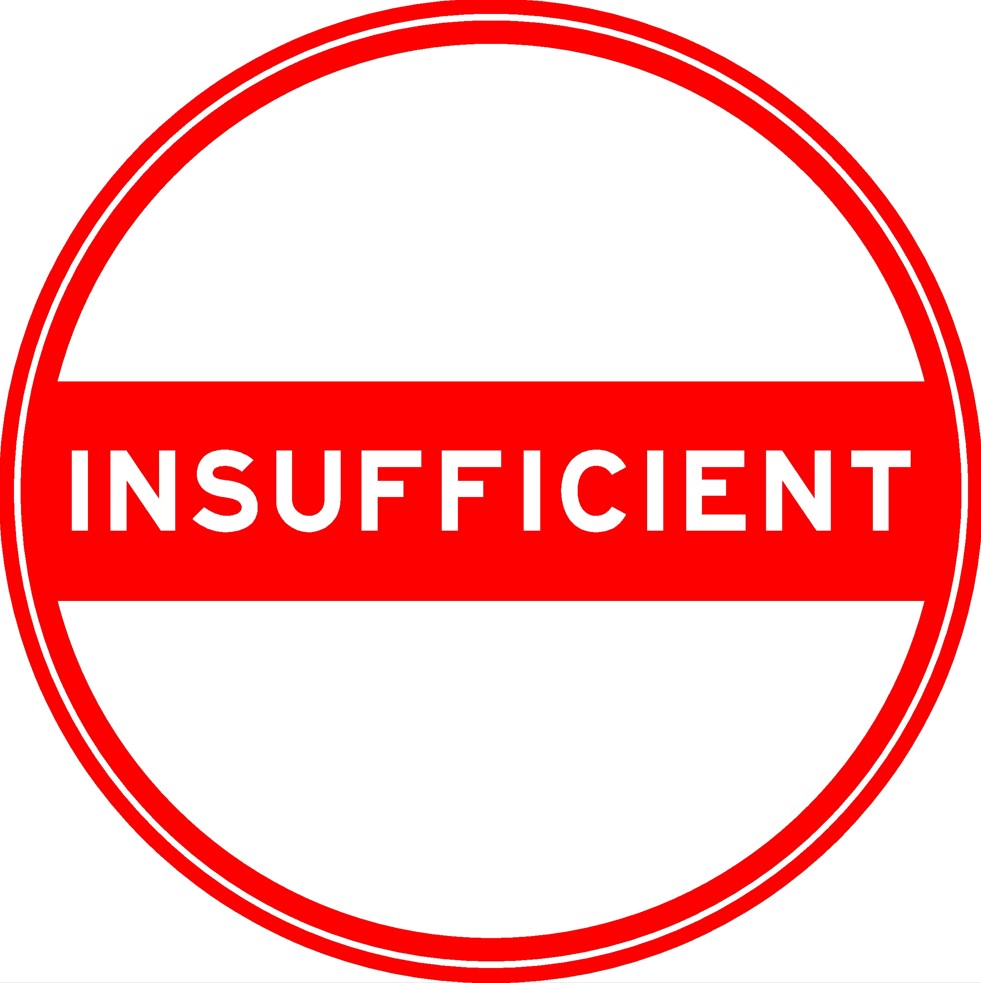
Sleep hygiene can be viewed as something that can help to remove barriers to good sleep. The American Academy of Sleep Medicine guidelines suggest that clinicians do not use sleep hygiene as a single component therapy for the treatment of chronic insomnia in adults4. If you are someone who has been diagnosed with insomnia, it is important to remember that taking measures to improve sleep hygiene may not be enough to reverse your insomnia.
References:
1. Hauri PJ. Sleep hygiene. In: Hauri PJ (ed). Current Concepts: The Sleep Disorders. Kalamazoo, MI: The Upjohn Company, 1977, pp. 22–35.
2. Chung KF, Lee CT, Yeung WF, Chan MS, Chung EW, Lin WL. Sleep hygiene education as a treatment of insomnia: a systematic review and meta-analysis. Fam Pract. 2018 Jul 23;35(4):365-375. doi: 10.1093/fampra/cmx122. PMID: 29194467.
3. Friedrich A, Schlarb AA. Let’s talk about sleep: a systematic review of psychological interventions to improve sleep in college students. J Sleep Res. 2018 Feb;27(1):4-22. doi: 10.1111/jsr.12568. Epub 2017 Jun 15. PMID: 28618185.
4. Edinger JD, Arnedt JT, Bertisch SM, et al. Behavioral and psychological treatments for chronic insomnia disorder in adults: an American Academy of Sleep Medicine clinical practice guideline. J Clin Sleep Med, 2021;17(2):255–262.
